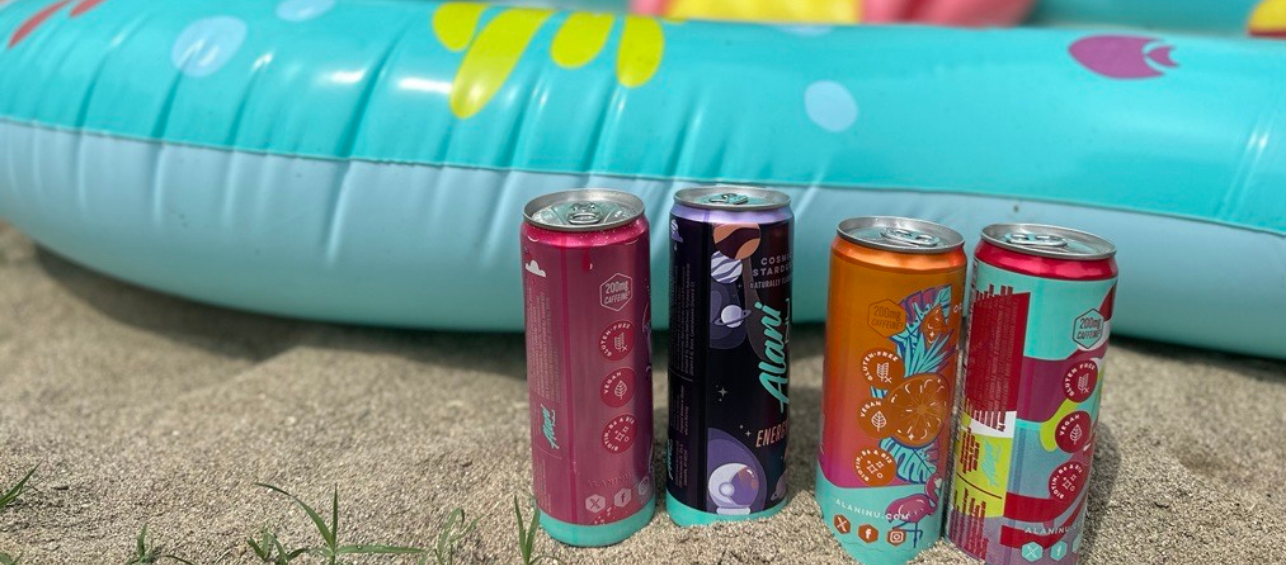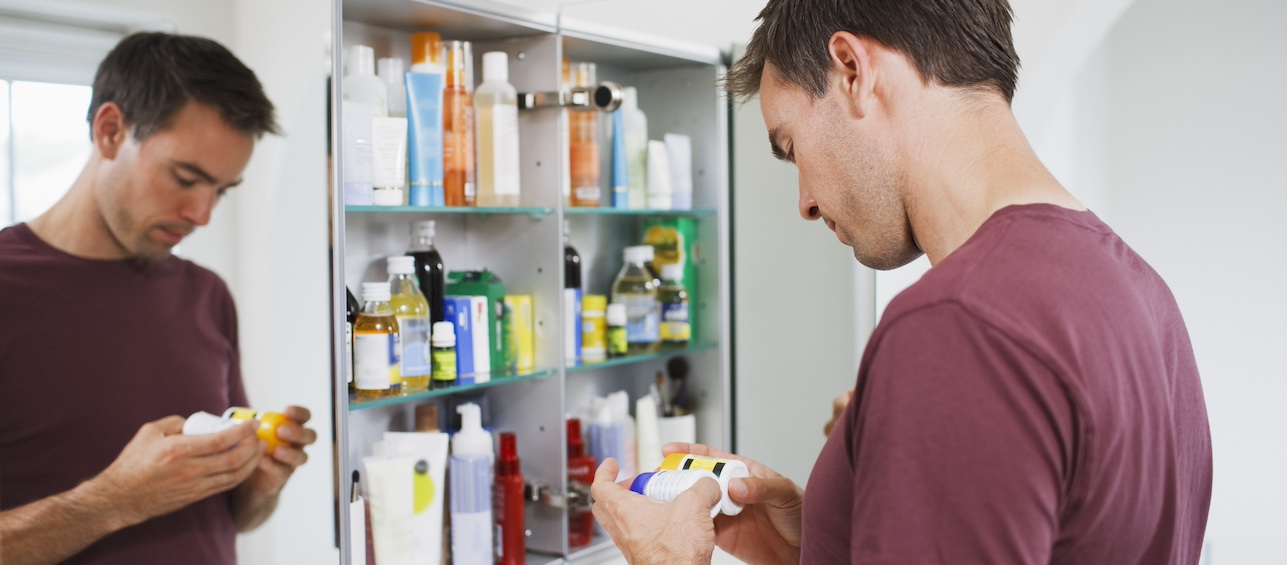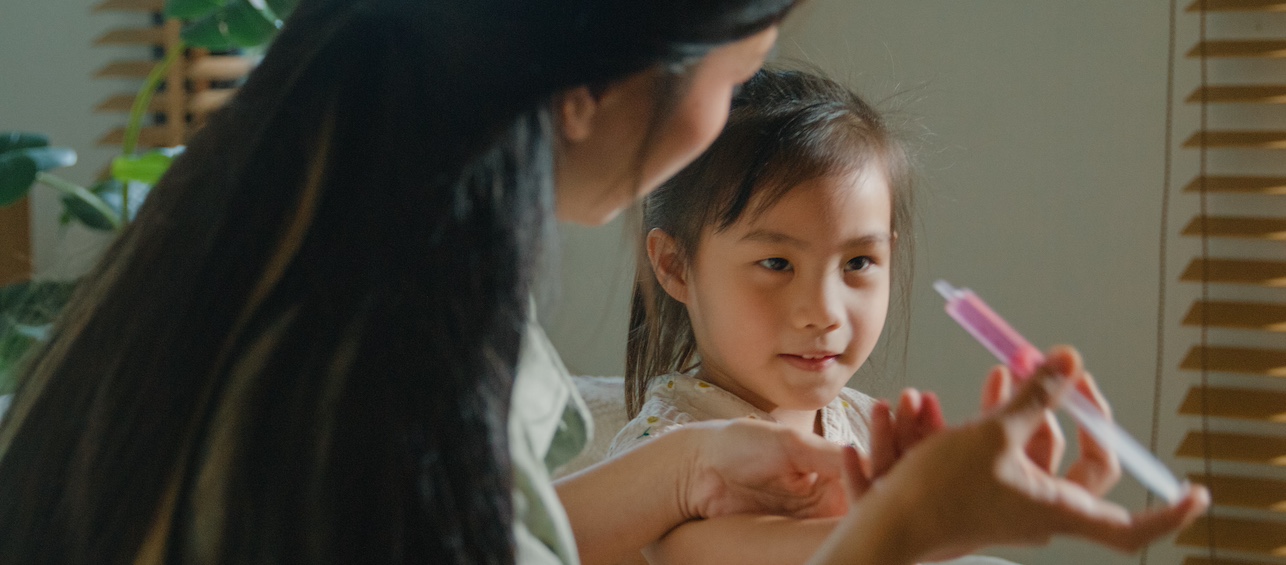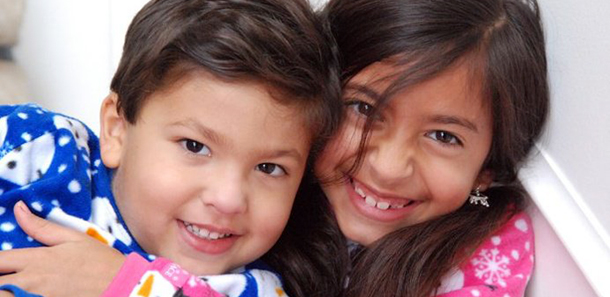As a pediatric emergency medicine physician, I interact with families on their most stressful of days. Sometimes families come to us knowing the reason for their kids’ ER visit – like an injury – and sometimes they don’t know what ails them. With an accidental marijuana ingestion, parents may not see it happen. But they know they’re acting dazed. Out of it. Overly drowsy.
So we’ll run a drug screen and can determine if they’ve been exposed to something recently. It’s not a perfect test, and it doesn’t necessarily mean that their symptoms are being caused by a particular drug, but it can help us get a clearer picture of what’s going on. Once we rule out other medical causes of their symptoms, we can do supportive therapy until they get through the overdose, which is usually within 24 hours.
This is happening more frequently in our emergency department since medicinal marijuana has been legalized in Ohio. I’d like to share how impactful marijuana is on pediatric and teen health, because it’s significant.
ACCIDENTAL MARIJUANA INGESTIONS ARE DIRECTLY RELATED TO LEGALIZATION
With the legalization of marijuana –whether it be medicinal or recreational – has come a marked uptick in kids accidentally ingesting it in those states. In fact, the number of accidental marijuana poisonings reported to Ohio Poison Centers has increased 20-fold since medical marijuana sales began in 2019.
The most common way children have accidentally ingested marijuana is with edibles, as THC (tetrahydrocannabinoid, the main psychoactive ingredient in marijuana) is placed in foods like gummy bears and brownies. And the amount of THC is often much higher in edibles than in inhaled forms. In Ohio, over half of the children younger than six who went to an emergency room for marijuana exposure between 2021-23 required hospitalization due to the severity of their symptoms. One in four required advanced care in an intensive care unit.
I assume that when children present with symptoms similar to marijuana overdose, they ingested the drug because it was not stored properly. The safest way to prevent accidental ingestion is to lock it up. The symptoms of marijuana overdose are much worse in kids than adults, due to the difference in their weight. Symptoms include pronounced drowsiness, dizziness, difficulty walking, and in severe cases, central nervous system depression (coma and breathing difficulty).
If your child has these symptoms and you don’t know why, it is important to bring them in for an evaluation to make sure that there isn’t another medical reason they are feeling this way. If you suspect that they have ingested marijuana, call our Poison Center at 1-800-222-1222 so that they can learn how much THC they have consumed per body weight, and help you determine next steps.
MARIJUANA IS COMMONLY USED AMONG TEENS
It is clear that marijuana use among teens is increasing. In 2022, Oregon Health & Science University published a report that found adolescent cannabis use in the U.S. increased by about 245% since 2000. According to Ohio Poison Centers, 30.7% of 12th graders reported using marijuana in 2022 within the last year and 6.4% said they used it daily.
What’s not clear, according to the American Academy of Pediatrics, is whether or not this uptick is due to changing marijuana policies or not. Either way, it’s important for families to be aware that it is a real possibility, and to have conversations with their teens about the risks:
- Acute side effects include altered mood, impaired coordination and judgement, and difficulty thinking and problem solving. In high doses it can cause hallucinations, delusions and psychosis. Certainly, there are also clear risks for teens driving under the influence of marijuana.
- Long-term implications include a potential decrease in academic performance and an increase in absenteeism. Research suggests that using the drug long-term may affect brain development, including the areas for thinking, memory and learning.
- Long-term use may be associated with a higher likelihood of using other substances and illicit drugs.
THE IMPACT OF MARIJUANA IS SIGNIFICANT
The impact of marijuana on child and teen health is significant. In addition to the reasons we’ve discussed above, the legalization may increase the perception that marijuana isn’t that bad. And with more use comes more accidental ingestions in young kids. Please share this post and help us spread awareness for this issue.
Please do not hesitate to call the Drug and Poison Information Center if you have any questions about marijuana or any other exposure. We are here to help 24 hours a day at 1-800-222-1222.





